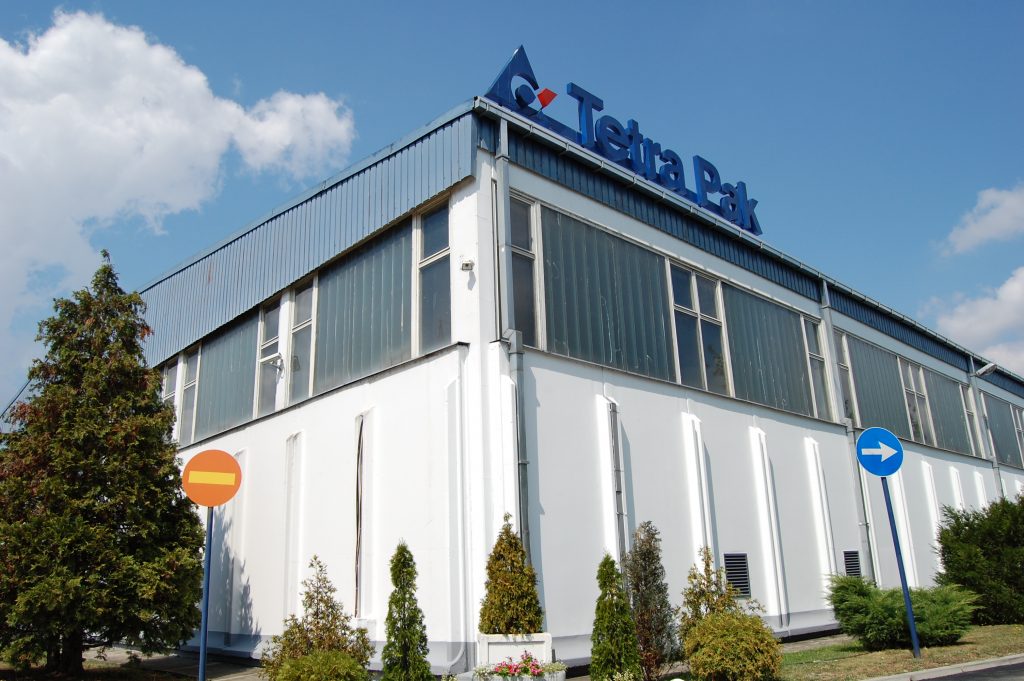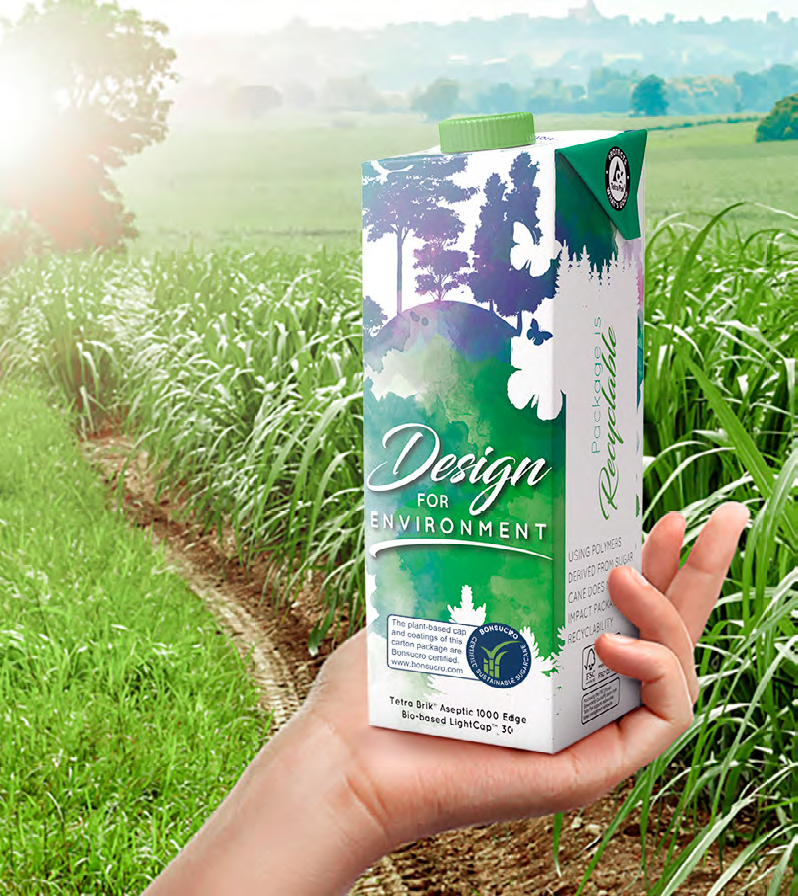Beverage cartons as a most sustainable packaging format
COVID19 crisis has demonstrated how important is to have a resilient food system and make food safe and available everywhere. At Tetra Pak we kept on working to support our customers and Serbian citizens by providing food and drinks in the most sustainable packaging format.

Today more than ever our business is very dedicated to climate neutrality, biodiversity preservation and effective waste management. Plant-based raw materials such as wood and sugar cane are essential to our low-carbon circular economy approach.
The recycling rate of beverage cartons in Europe has increased from just over 5% in 1993 to more than 51% in 2019. Our aim is to collect 90% of all used beverage cartons waste and recycle 70% of it by 2030. As a party to the EU Plastics Pledge, we have committed to work with the industry partners to ensure that by 2030 recycling solutions are in place for all components of beverage cartons across Europe.
Deposit system as a solution for Serbia
Over the past 10 years, we have worked hard to increase beverage carton recycling in Serbia and invested significantly in collection systems and a local paper mill. But if we want more recycling there must be more waste collection.

Increasing collection rate is possible through both Deposit Return Schemes (DRS) and improved Extended Producer Responsibility (EPR) as a scheme based on the shared responsibility model for everyone in the value chain
DRS system requires consumers to pay a small deposit at the point of purchase, which they get back when they return the empty container for recycling. Globally, it contributes up to 40% higher collection rates for plastic, aluminium, and glass beverage containers than other collection methods. The best results are achieved when they include all package categories and are run by the industry.
“Our aim is to collect 90% of all used beverage cartons waste and recycle 70% of it by 2030″
With innovations in reverse vending machines and smart bin technologies and digitalization, Serbia has an opportunity to set up a broad DRS that will significantly improve packaging waste collection and recycling results. The inclusion of PET, all cans, glass and cartons is a must, but the system should not be limited only to those packages. Serbia has the opportunity to install the modern, innovative system and step up from the conservative deposit systems already developed in several EU countries.
Introduction of so called “smart” DRS, with a broad scope, allows high collection results and high quality of various collected packaging as a raw material for recyclers. Further to this, a broad system will result in reduced costs per unit, reduced consumers’ confusion on how to contribute to the collection, much higher influence on achieving climate goals and conditions to use collected material as recycled content for new production, which will also support busting local recycling capacities development.

“Smart” DRS will create a highly integrated system with improved collection efficiency, by allowing the use of not only RVMs but also smart bins and hand scanners where suitable. The system has improved fraud protection, real time data collection and possibilities for integration of different collection systems and convenience for consumers through integration with smart devices. This will allow tailor made solutions for different conditions we might have, like urban and non-urban areas, small and large shops, on-the-go and home consumption, covering all possible conditions where the packed product is consumed.
Serbia can lead the pack in terms of packaging waste management
Tetra Pak welcomes the government’s commitment to sustainability and is looking forward to helping Serbia achieve its ambitious environmental goals.
As a country advances economically, its consumption of packaging per capita increases proportionally. The estimate of packaging placed on the Serbian market in 2020 is at 66 kg per capita and the projection for 2030 is 78 kg per capita. Main recommendations for the Serbian packaging waste management system include: introducing an operating model of a Packaging Recovery Organization, the obligation for households to sort waste, the inclusion of the informal collection sector, ensuring equal rules for all actors, a well-functioning monitoring system, and that full net cost of waste collection, sorting and treatment is covered all producers and brand owners. Improved EPR system should have positive effects on the Serbian economy, through its impact on the investment climate, employment increment, and responsible consumption.